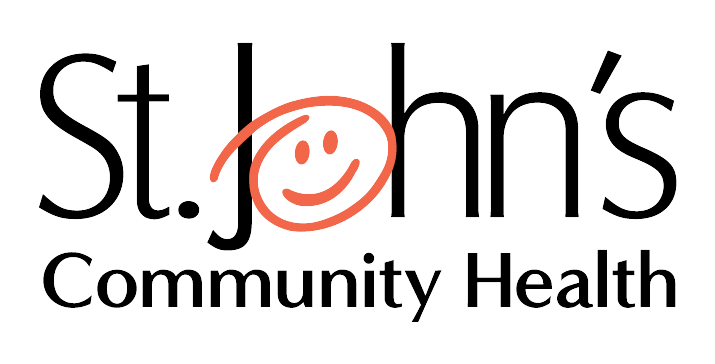Health Care & Labor Leaders Call for United Front at Health and Human Rights Summit
FOR IMMEDIATE RELEASE: Wednesday, August 7 2024
Contact: Cabot Petoia, clpetoia@gmail.com, 828-899-9239
** To request an interview or pictures, contact clpetoia@gmail.com **
Los Angeles – Today, at the South Los Angeles Health and Human Rights Summit, St. John’s Community Health, partner organizations, elected officials, and the nearly 1,000 community members in attendance issued a clear call to action: the health care field has an urgent moral imperative to join forces with organized labor.
The summit featured prominent health care and labor leaders from across California who recognize the importance of bolstering organized workers now, while wage theft is at an all time high, wages are low, and even non-profits are funneling millions of dollars into union busting.
“Back in the day, clinic leaders had public health or social work backgrounds – now, they have business degrees,” said Jim Mangia, President and CEO of St. John’s Community Health. “We’re seeing nonprofit health centers pulling in multimillion dollar profits – but instead of that money being translated into higher wages and expanded care, it’s being used for union busting.
“Democrats and Republicans alike sing the praises of public health centers – yet every time there is a budget problem, they’re the first to get cut because they lack political muscle,” continued Mangia. “That’s why building a coalition between health care and labor is so important. California workers deserve collective power – they need to be able to bust down some doors in Sacramento to make sure we get the funding we need to serve the most vulnerable patients in the state.”
St. John’s Community Health unionized over 15 years ago, when leadership invited SEIU in to unionize their staff – a rare move in any industry, particularly in health care.
“Organized labor should not be an exception – it should just be the way it is,” said Susan Li, SEIU CCWU Statewide Director (SEIU 721). “We recently secured a $25 minimum wage for all health care workers across the state through robust coalition building efforts – and our work is just getting stronger. We need to lock arms and join together to build a better California.”
“Community clinics are the heart that power the fight for healthcare justice and equity,” said Dave Regan, President of SEIU-United Healthcare Workers West, representing more than 100,000 healthcare workers. “We’re proud to partner with community clinics that are prioritizing empowering healthcare workers by respecting their right to join a union so that they have a seat at the table and the power to better advocate for their communities and patients.”
“The benefits of the partnership between St. John’s Community Health and SEIU are clear and impactful,” said Ana Ruth Vorela, employee of St. John’s for over 20 years and Right to Health leader. “Our workers have a stronger voice in the workplace, which translates to consistent and high quality care for our patients. Being unionized ensures our work is aligned with social justice and equality.”
The summit featured video speeches from Senator Laphonza Butler as well as Los Angeles Mayor Karen Bass. St. John’s Community Health has engaged over 240,000 patients through the mayor’s We Are LA program.
The summit also featured an hour-long panel about the state of labor organizing in relation to public health care. Moderated by Darryn Harris, the Chief Government Affairs and Community Relations Officer at St. John’s Community Health, panelists had an open and frank dialogue about staffing shortages, union busting, fear of retaliation and the unknown keeping people from unionizing, and more.
The panel centered recently fired workers from Innercare, APLA Health, and Clinica Sierra Vista, who talked about their experiences attempting to unionize, how they were retaliated against to squash organizing efforts and manufacture fear among staff – and how their experiences have further affirmed the need for an organized workforce.
###
St. John’s Community Health is a network of 24 community health centers and 4 mobile clinics providing free and low-cost health care in South, Central, and East Los Angeles; the Inland Empire; and the Coachella Valley.
